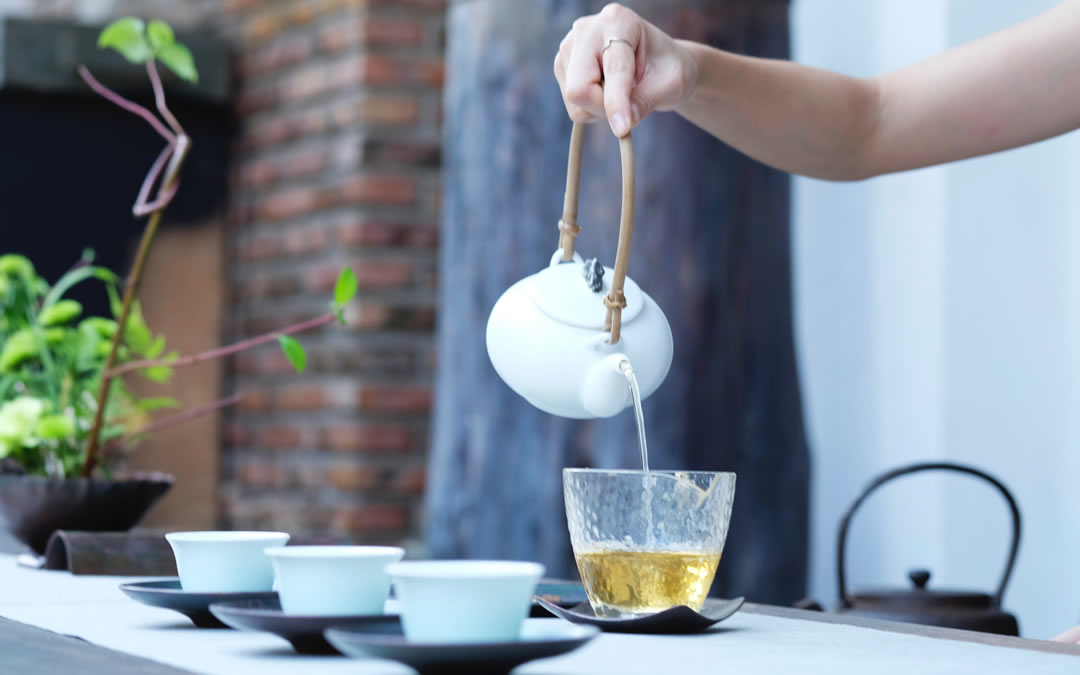With the China market opening up, food and drink imports to Shanghai and China are expanding rapidly. It is not just the well publicised imports such as meat, milk powder and sea food, but traditional food stuffs that are being imported to China.
Heighten has experience working with a number of international tea businesses, including boutique European tea houses who craft exquisite blends, but also world famous tea producing regions.
Why import tea to China? There are a number of factors to why teas are being increasingly imported to China. First and foremost is that China is a huge consumer of tea. Even with the massive expansion in output, the Chinese tea market is still consuming more than it can produce.
Furthermore, as we have seen in other posts by Heighten, demand for food imports in China, and especially Shanghai, have grown significantly in the past decade. Certain famous teas such as English Breakfast and Earl Grey are consumed in growing volumes. Famous international brands such as Lipton and Twinings being increasingly popular with the China middle classes.
An area of specific interest for importers and processors is also the bonded import of tea for packaging, branding and re-export. Careful management of customs books can make China value add an option for building your tea brand and optimising your supply chain.
For an expert service and advice on importing tea to china and the options available for enhancing your International supply chain, contact Heighten.


Recent Comments